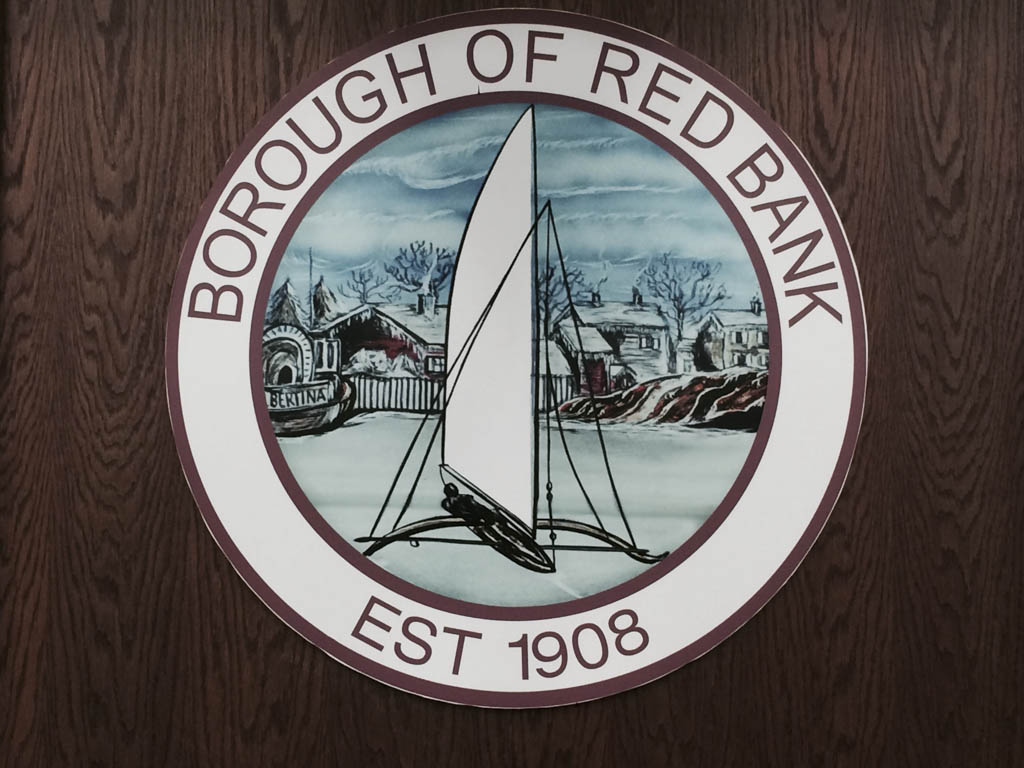Municipal leaders and department heads in New Jersey are brainstorming new strategies that could help to better serve local communities.
On Sept. 15, Red Bank served as the host when public officials from more than 27 communities – including Matawan, Atlantic Highlands and Tinton Falls – gathered at the Red Bank Middle School for a first-of-its-kind “Best Practices and Innovation Summit.”
The summit, an effort led by Government Strategy Group, was aimed toward revamping the delivery of services that are provided by the people who help run communities in the region.
Strategies for enhancing revenue in a municipality, advancements in technological implementations, grant funding sources and workflow management tactics were among the topics that were up for discussion.
Red Bank Mayor Pasquale Menna said the local roundup of thought leaders and members of New Jersey’s municipal governing bodies was called to address and rectify the unique challenges municipalities face today.
The challenges, Menna said, could be the result of outdated governing tactics that were established by state officials in the mid 20th century.
“New Jersey, frankly, is unique in our country,” Menna said. “If you take a look at the snapshot of New Jersey, logic would suggest we should be in all categories within the top 10 percent of classifications, of good government, of proper functioning and of innovative ideas at the state and local levels. The empirical data that is done and every public opinion survey does not show that, unfortunately.
“… We have a 1947 constitution that guides most of our municipalities,” Menna said, referencing the New Jersey State Constitution of 1947 that outlines the regulations to be carried out by governments at the municipal and state levels.
State Sen. Vin Gopal (D-Monmouth), who suggested that certain aspects of government in New Jersey could be re-examined, said public officials should not be “scared of words like consolidation, regionalization, and shared services.”
“With 565 towns, 600-plus school districts, with hundreds of housing, sewer and parking authorities, there has to be a more cost-effective way to operate New Jersey government,” Gopal said. “Studies have shown that consolidating some of these small towns doesn’t really save that much money. There are areas where we can save a lot of money, it’s a little murky. I think that’s why (this summit) is very important.”
Individuals who were in attendance at the regional summit took part in one of four focus groups that served as brainstorming sessions. Each session served as an open discussion among public officials and thought leaders who are specialists in the areas of technology, funding and innovation.
Municipal officials and department heads were asked to attend one of the four breakout sessions that could help to improve one or more aspects of their municipality.
Red Bank Councilman Erik Yngstrom, who attended the “Smart City Technologies and the Latest in Private-Public Partnership Strategies” forum, said stakeholders in Red Bank could benefit from public WiFi throughout the borough and a sensor-based waste collection service to prevent garbage from overflowing trash receptacles.
Yngstrom sought feedback from the forum’s team of professionals.
The Smart City forum, led by global engineering, consulting and development firm Mott MacDonald, and P3 Smart Cities, sought to inform Yngstrom and other municipal officials about new technology that can be integrated in towns to better serve stakeholders.
“That is an area of smart cities I am very interested in,” Yngstrom said. “Things like that I think would really be helpful, especially in our downtown area.”

